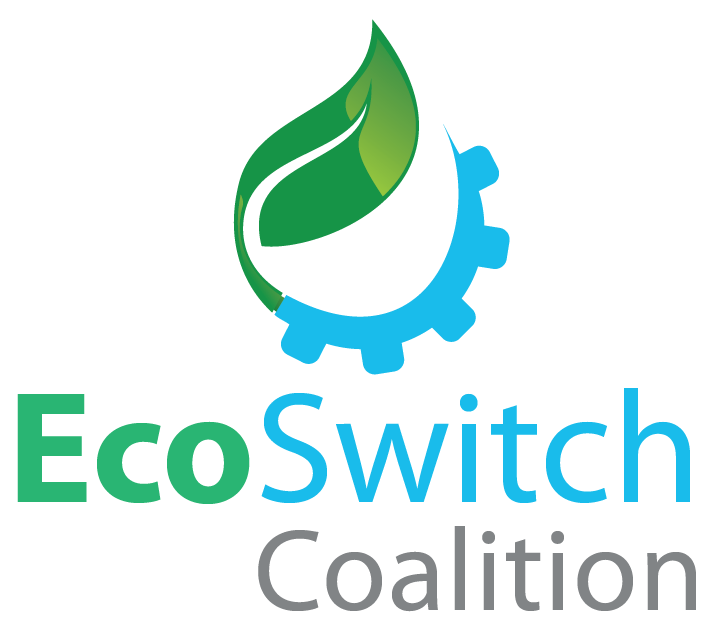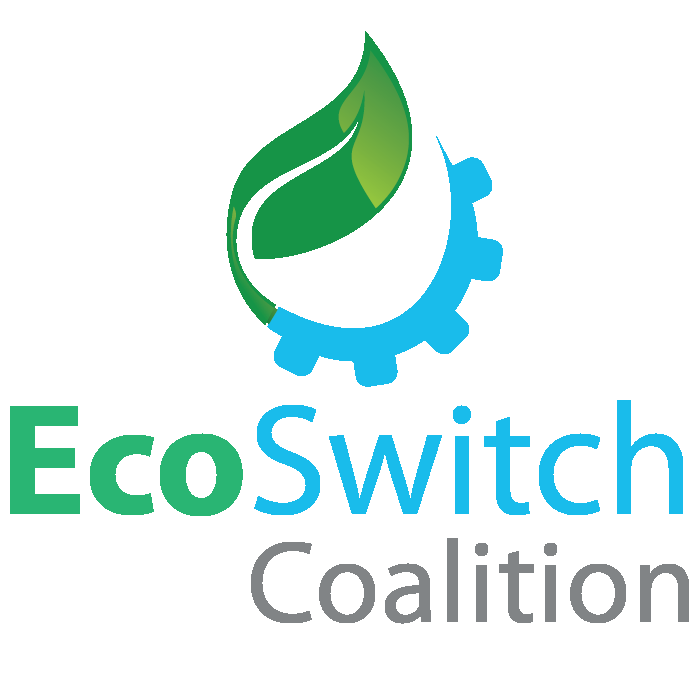Green Track
The Challenge
Tripoli’s Landfill receives an average of 450 tons/day out of the 1000 tonnes of waste the North Governorate of Lebanon produces. Solid waste management services are offered by the private sector through regional solid waste contracts, which proved to have limited efficiency. Hence, Tripoli has seen a low share in the recycling of materials, with few Green Jobs created in the SWM sector.
Our Solution
Green Track promotes ‘sorting at source’ of waste generated by households and offers a free collection service for citizens in and around Tripoli. Green Track strives to recycle these materials through domestic industry to foster a circular economy model.
Our Vision
The leading sustainable waste management solutions provider in Lebanon
Our Products and Services
-
Domestic solid waste management clubs creation
-
Facilitate recyclables collection
-
Sourcing recyclables to local industries as raw materials
Our Impact
23k |
100 |
5 |
100 |
households are sorting at source |
volunteers joined the campaigns |
clubs created |
tons of waste collected |
Gallery
Connect with us
Founders

khoder Eid
Founder at Green Track


 Previous startup
Previous startup

